Horses Can Read Your Face
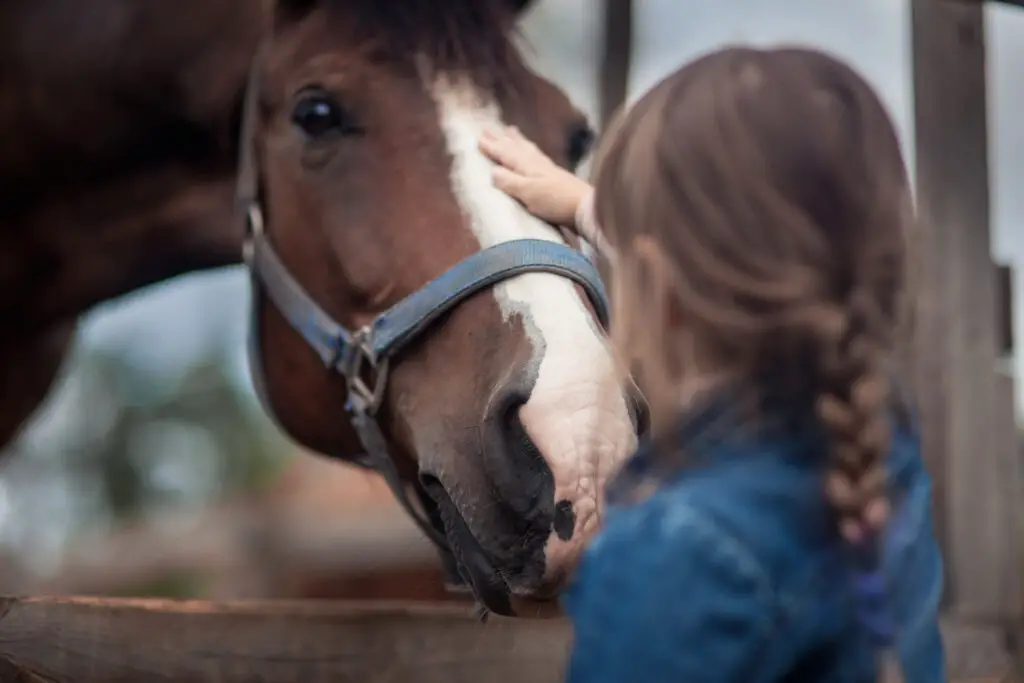
Imagine walking up to a horse, forcing a smile to hide your stress, only for the horse to look right through you—like a friend who knows you too well. Turns out, horses don’t just recognize emotions; they read them off your face like an open book. In a study, researchers showed horses pictures of humans with happy and angry expressions. When the horses saw angry faces, their heart rates spiked, and they turned their heads to look with their left eye—the side connected to their emotion-processing brain hemisphere. It was as if they instinctively knew to be cautious.
But it gets wilder. These same horses later saw the real, live version of the people from the photos. Even if the humans were now smiling, the horses still reacted based on their past expressions. They remembered who looked angry before and treated them with suspicion. That means horses don’t just recognize emotions—they store them. So, if you ever gave a horse a dirty look, don’t be surprised if it still holds a grudge.
They Smell Fear—Literally
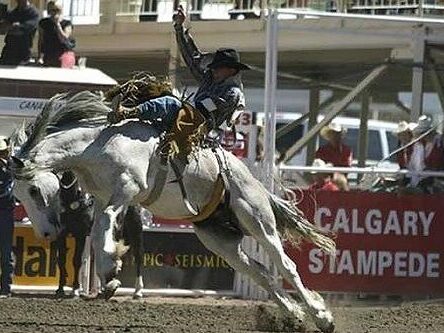
You might have heard that animals can “sense” fear, but horses take it to another level. Research suggests they can smell emotions in human sweat, picking up on the chemical signals we emit when stressed or scared. In one experiment, scientists collected sweat samples from people watching a scary horror film and from those watching a comedy. When the horses sniffed the fear-induced sweat, they became visibly anxious—ears flicking, nostrils flaring, muscles tensing. In contrast, the sweat from happy viewers made them more relaxed.
This means you can’t fake it around a horse. Even if you act calm, if your body is secretly panicking, the horse will know. This might explain why nervous riders often struggle—because their horse picks up on the tension before they even pull the reins. It’s like trying to lie to a human lie detector, except this one weighs 1,000 pounds and decides whether it wants to trust you.
Their Hearts Sync With Ours
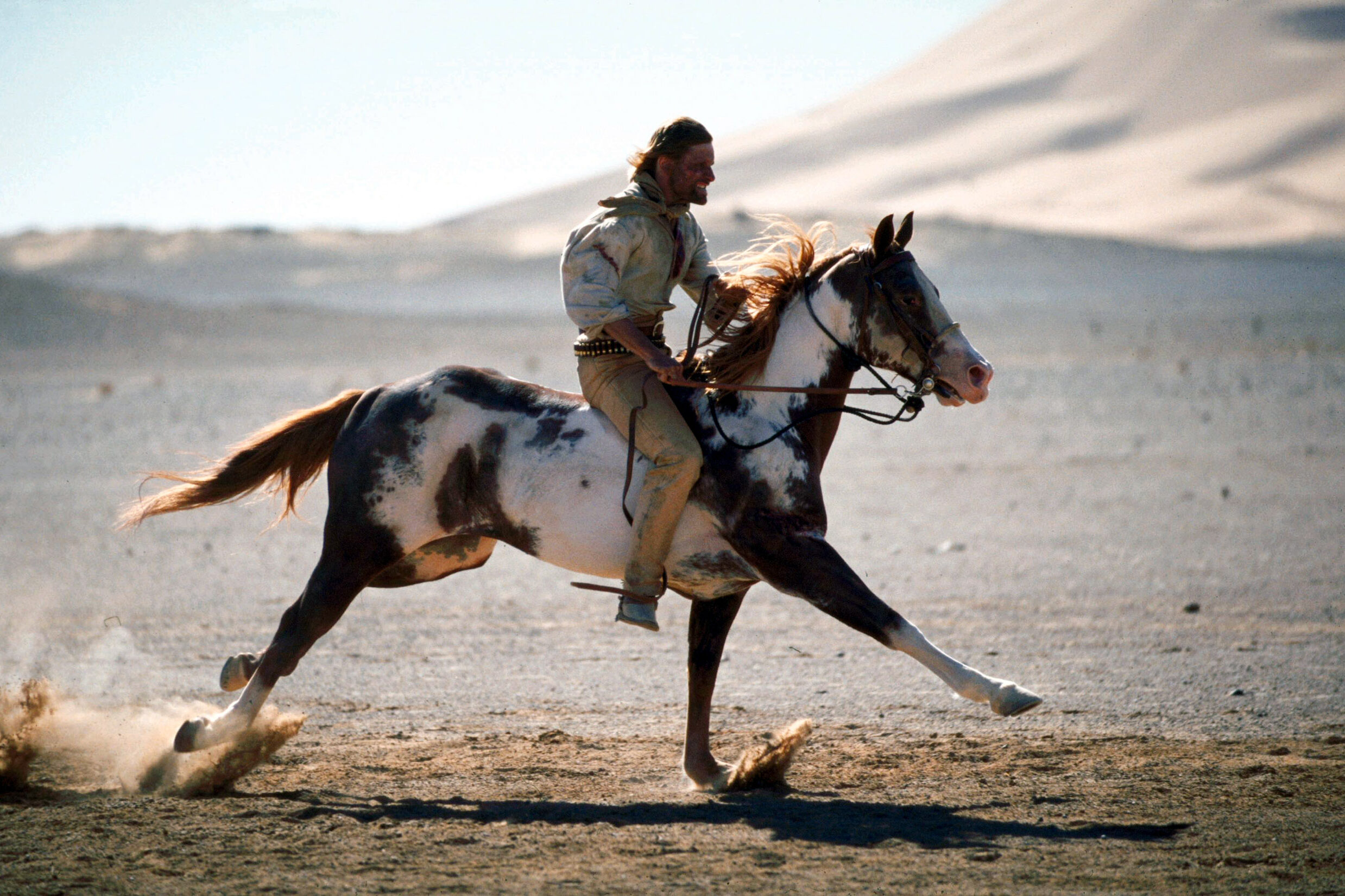
Have you ever felt your heartbeat quicken when you’re nervous? Well, if you’re near a horse, its heartbeat might just match yours. Studies have shown that horses are not only sensitive to our emotions but that their hearts can sync with ours in a way that mirrors our emotional states. Scientists discovered that when a human and a horse interact, their heart rates can synchronize. In one study, horses’ heart rates mirrored their handler’s emotions, even when the human tried to remain outwardly neutral.
This emotional resonance creates a bond that transcends mere physical presence, making horses incredibly attuned to our mental and emotional states.
Think about that for a second: a horse standing beside you isn’t just observing your feelings—it’s feeling them too. This might explain why equine therapy is so powerful for people with anxiety or trauma. Horses don’t just sense emotions; they absorb them, offering a kind of silent, non-judgmental companionship that humans often struggle to provide.
They React to Your Voice
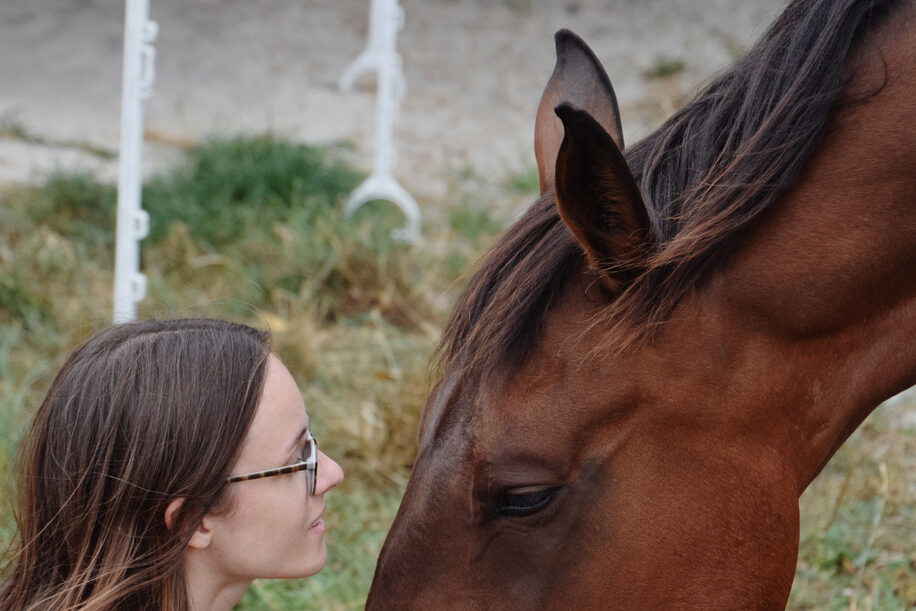
You know how dogs tilt their heads when you speak? Horses do something similar—but only if they care about what you’re feeling. Horses’ sensitivity to tone and emotion in the voice is a testament to their unique bond with humans. Scientists played recordings of human voices expressing happiness, anger, or sadness while monitoring horses’ reactions. When they heard angry voices, the horses’ ears pinned back, and their body language stiffened. But when they heard a happy tone, they relaxed, sometimes even turning toward the sound as if drawn to positivity.
This suggests that horses don’t just recognize what we say, but how we say it. You might be speaking in complete gibberish, but if you do it in a cheerful tone, a horse will likely feel at ease. This highlights the importance of tone in communication, where even without understanding the words, horses can grasp the emotional intent behind them. So next time you’re near a horse, try speaking gently—it might not understand the words, but it will definitely understand the emotion behind them.
They Remember How You Made Them Feel
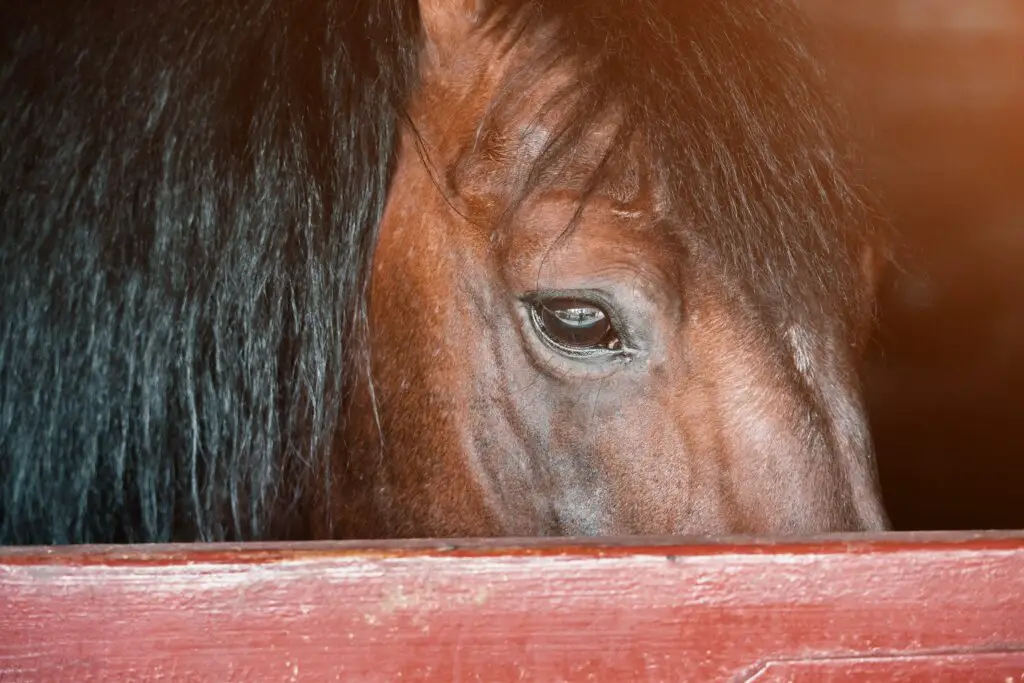
Horses don’t just experience emotions in the moment—they remember them. In one experiment, horses met different people who either treated them kindly or ignored them. The next day, those same people returned, this time with neutral expressions. The horses, however, hadn’t forgotten. They can even recognize subtle changes in behavior, which is why their reactions can be so profound and lasting. This ability to remember and react accordingly is a testament to how deeply horses are connected to their emotional experiences.
This means a horse might remember if you were nervous around it, even if you come back days later with newfound confidence. Unlike humans, who can misinterpret past interactions, horses don’t rely on assumptions—they rely on direct emotional memory. So if you’ve ever made a bad first impression on a horse, you might need to work extra hard to change its mind.
They Mirror Human Emotions
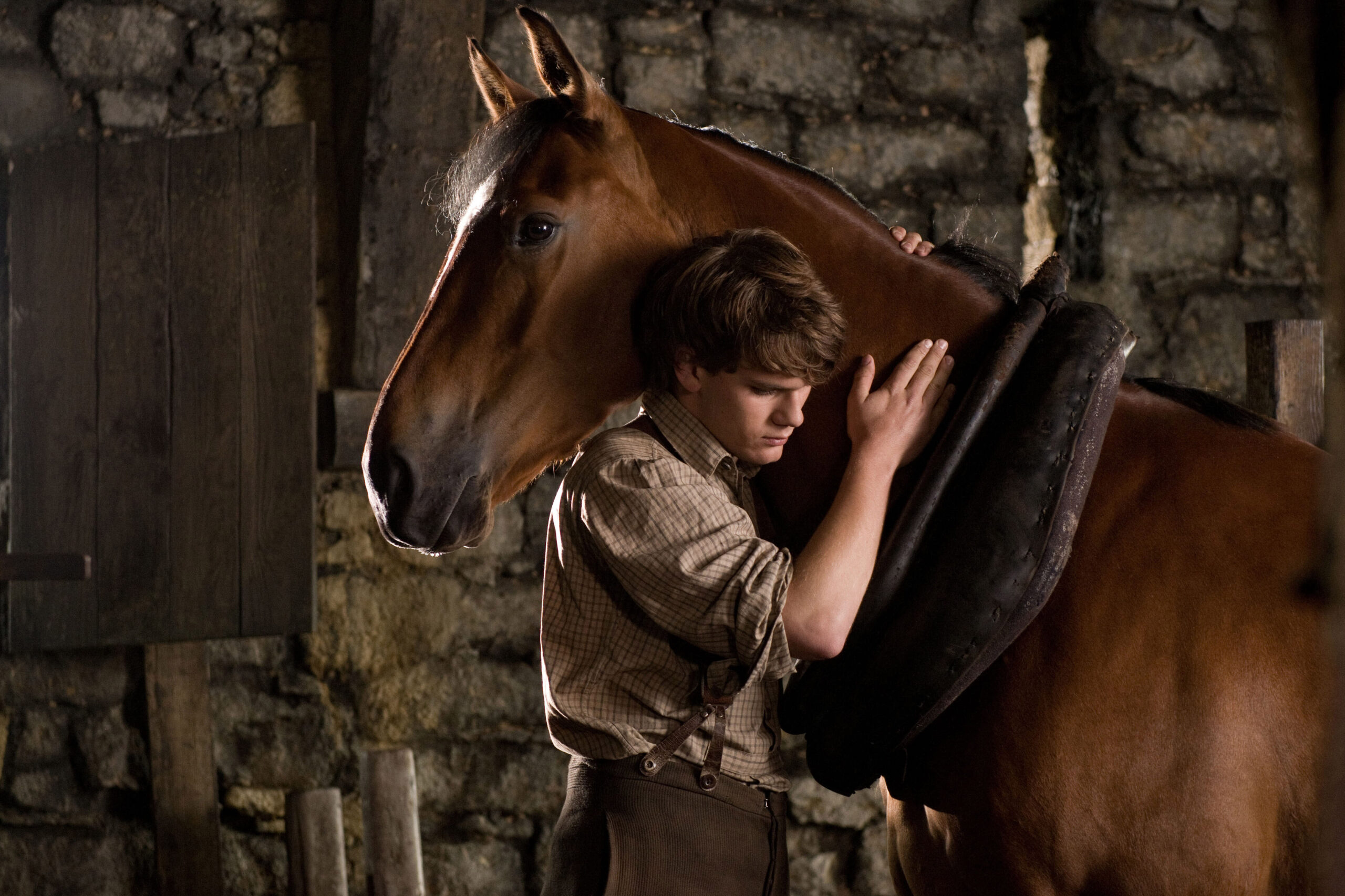
Ever notice how moods can be contagious? If you’re with someone who’s stressed, you might start feeling tense too. Horses experience the same thing. Research has found that when humans display strong emotions, horses tend to reflect them. If you’re anxious, your horse may become restless. If you’re calm, the horse is more likely to relax. This connection goes beyond simple observation, as horses are capable of subconsciously syncing with the emotional energy of those around them. It’s almost as though they have a heightened sensitivity to the emotional atmosphere, making their reactions incredibly intuitive.
This mirroring effect is so strong that experienced equestrians often train themselves to manage their own emotions before handling a horse. A rider who panics mid-jump might cause the horse to panic too. But a rider who stays steady and confident can help the horse push through even the most challenging obstacles. It’s like emotional telepathy, but with hooves.
They Can Tell When You’re Faking It
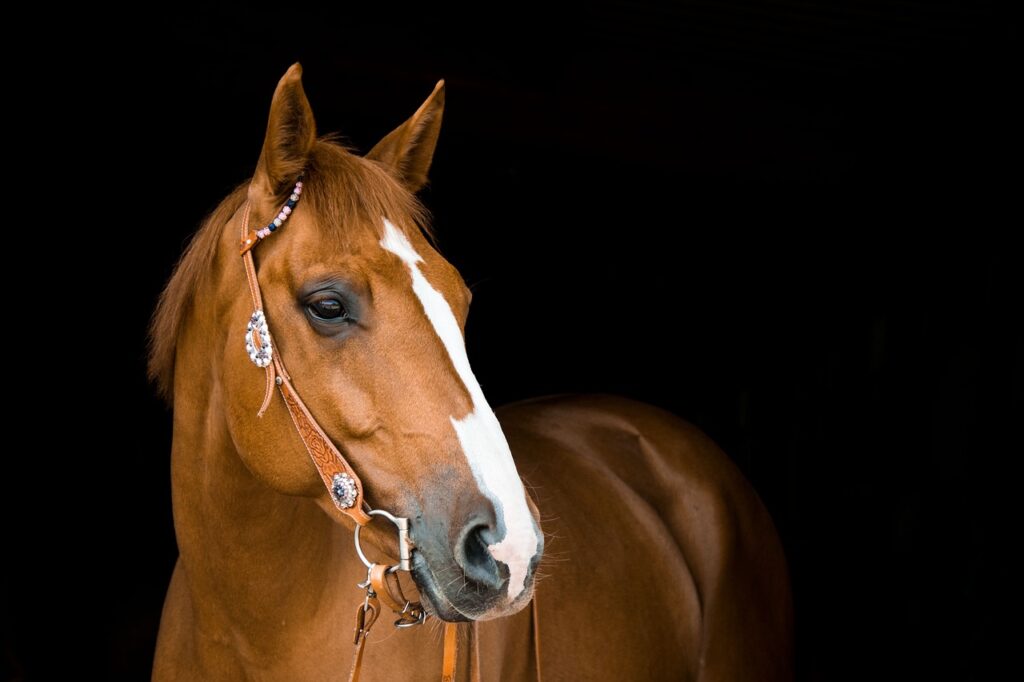
Think you can fool a horse by putting on a brave face? Think again. Researchers conducted an experiment where people displayed one emotion on their face but felt another inside. For example, a person might smile while actually feeling anxious. The horses weren’t tricked. Instead, they reacted based on the person’s true, internal state—likely picking up on subtle body language cues or even changes in scent. This shows that horses have a remarkable ability to detect the slightest inconsistencies in human behavior, making them extremely adept at reading beyond surface-level appearances.
This suggests that horses rely on more than just facial expressions; they read the entire human presence. A fake smile won’t convince them you’re happy if your body is saying otherwise. This might explain why horses are so good at bonding with genuine, emotionally open people—they can sense honesty at a level we’re only beginning to understand.
They Help Humans Heal
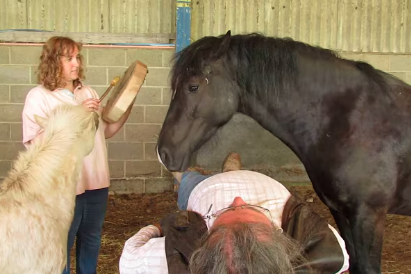
Horses’ ability to sense emotions isn’t just fascinating—it’s life-changing. Equine-assisted therapy has been used to help people with PTSD, anxiety, and depression. Because horses react to genuine emotion rather than words, they provide a unique form of feedback. If a person is tense, the horse may become hesitant. If the person relaxes, the horse follows suit. This immediate, honest response forces people to confront their own emotions in a way that talking sometimes can’t. The horse’s non-judgmental presence provides a powerful way for individuals to heal and reconnect with themselves.
This immediate, honest response forces people to confront their own emotions in a way that talking sometimes can’t. Veterans, trauma survivors, and children with autism have all found healing through interactions with horses. These animals don’t judge, don’t hold grudges (well, usually), and offer a rare kind of emotional clarity that humans often struggle to provide each other.
They Trust Those Who Trust Themselves
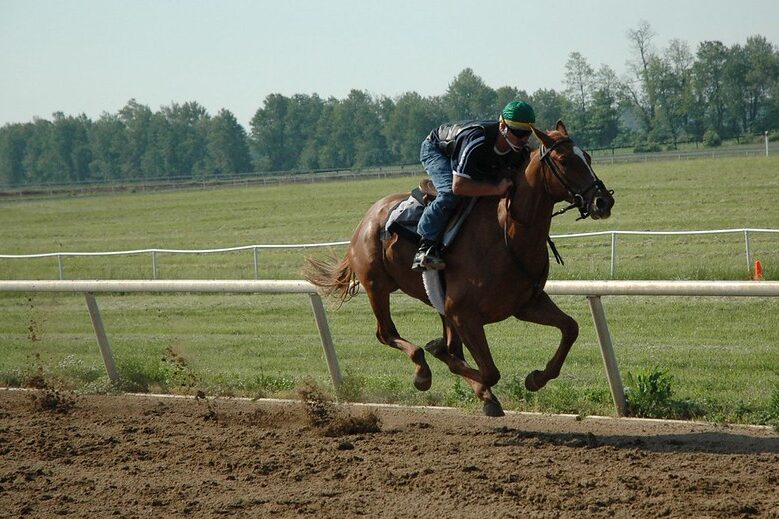
Horses’ ability to sense emotions isn’t just fascinating—it’s life-changing. Equine-assisted therapy has been used to help people with PTSD, anxiety, and depression. Because horses react to genuine emotion rather than words, they provide a unique form of feedback. If a person is tense, the horse may become hesitant. If the person relaxes, the horse follows suit. This immediate, honest response forces people to confront their own emotions in a way that talking sometimes can’t. The horse’s non-judgmental presence provides a powerful way for individuals to heal and reconnect with themselves.
This is why experienced horse trainers emphasize patience and respect rather than control. Horses respond best to humans who establish a partnership rather than a dictatorship. If you’re unsure of yourself, the horse knows. But if you’re steady, fair, and consistent, you’ll earn its trust—something more valuable than any riding technique.
What Horses Teach Us About Ourselves
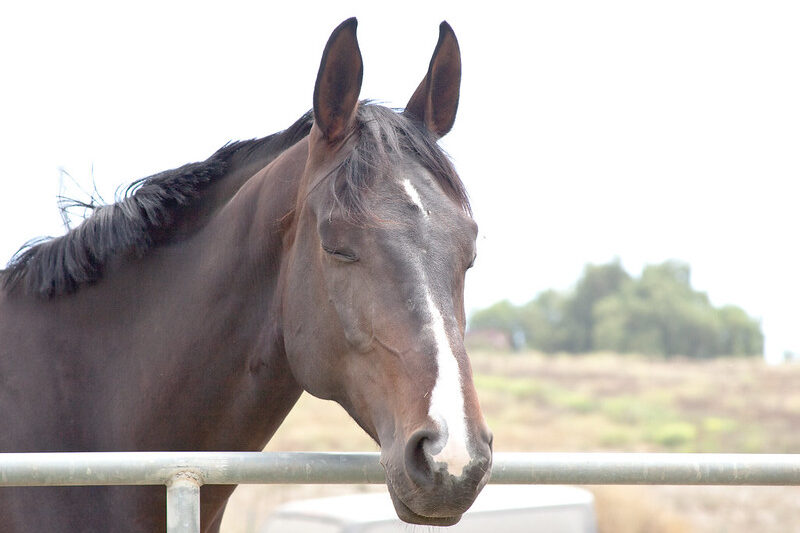
Horses don’t just sense emotions; they reflect them back to us. They force us to be honest about how we’re feeling, to regulate our energy, and to communicate beyond words. In a world where people often mask their emotions, horses remind us that true connection comes from authenticity. Their ability to read us so well challenges us to confront parts of ourselves we may not fully understand. By interacting with horses, we are given the opportunity to build a deeper understanding of our own emotional states and how they affect the world around us.
So the next time you stand next to a horse, remember—it’s not just looking at you. It’s reading you, feeling you, and maybe even understanding you better than you understand yourself. Their keen sense of awareness can often help you see aspects of yourself that you may not even realize are there. Horses have a remarkable ability to sense subtle shifts in our energy, making them an incredible mirror to our inner state.


